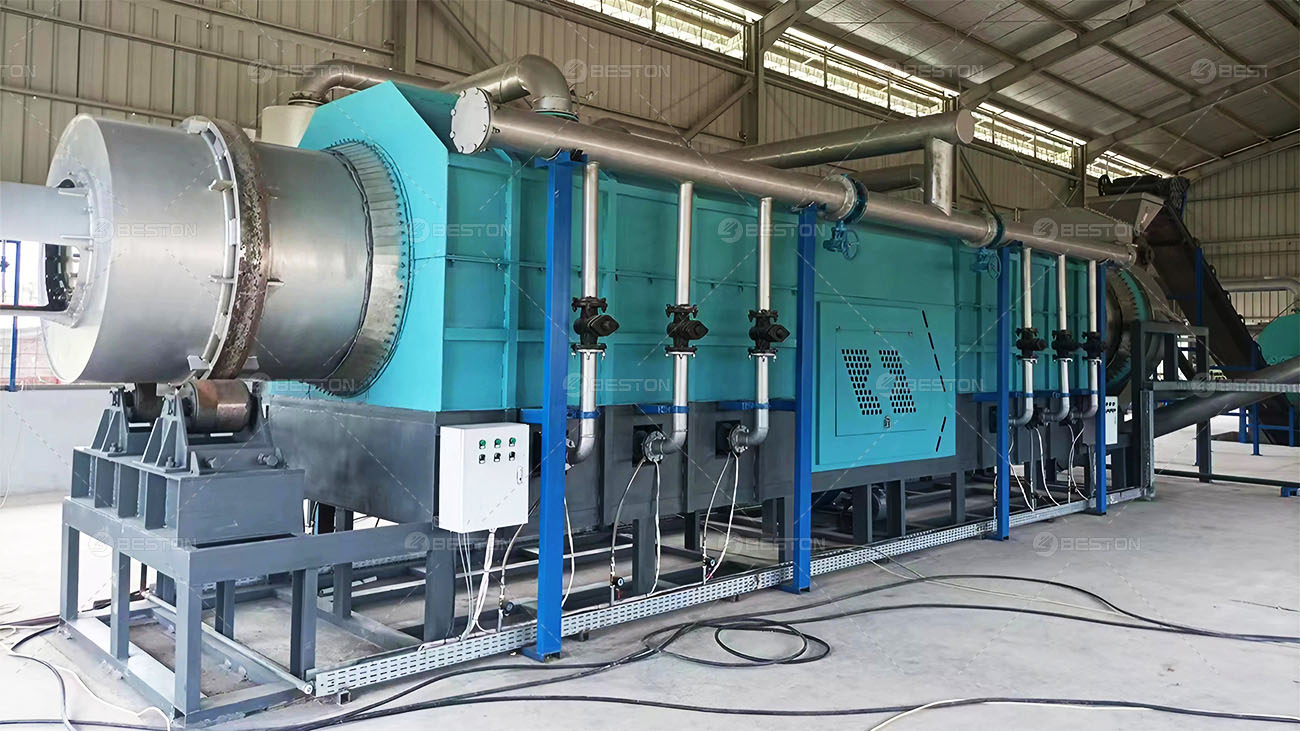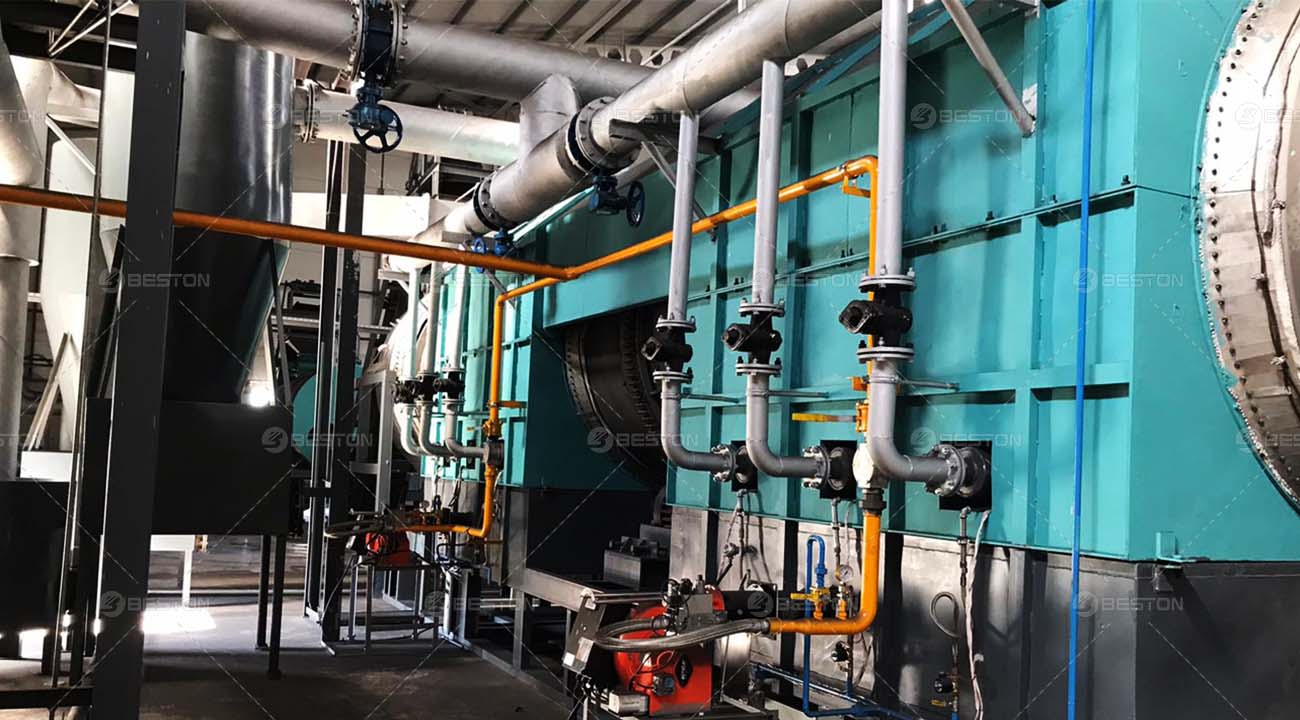Brazil possesses a unique confluence of ecological, agricultural, and regulatory conditions that position it favorably for the implementation of biochar carbon removal (BCR) projects. As global interest in engineered carbon sequestration strategies intensifies, Brazil’s vast biomass resources and conducive climate underscore its comparative advantage.

Abundant Biomass Availability
The most fundamental requirement for a scalable BCR initiative is feedstock. Brazil’s agricultural sector, one of the largest globally, produces substantial quantities of biomass residues annually. Sugarcane bagasse, eucalyptus bark, coffee husk, rice hull, and soy straw are generated in volumes that far exceed local utilization.
These residuals, often underutilized or incinerated in open fields, represent a high-volume, low-cost feedstock stream ideal for conversion via pyrolysis. Deploying a biochar production equipment at or near agro-industrial clusters can facilitate decentralized carbon conversion with minimized logistics costs. Additionally, the seasonality of crop cycles enables year-round supply planning through a multi-feedstock approach.
Favorable Climatic and Soil Conditions
Brazil’s diverse climatic zones, especially in tropical and subtropical regions, contribute to high biomass productivity. This enhances feedstock renewal rates and supports the establishment of short-rotation plantations dedicated to biochar pyrolysis equipment purposes, such as bamboo or fast-growing eucalyptus clones.
Moreover, a significant portion of Brazilian soils, particularly in the Cerrado biome, are characterized by low fertility and poor organic matter content. The application of biochar to these soils offers tangible agronomic benefits. It improves water retention, cation exchange capacity, and microbial activity—critical enhancements for smallholder and industrial-scale farms alike. These co-benefits increase the attractiveness of BCR for both environmental and productivity gains.

Decentralized Energy Demand
The pyrolysis process involved in BCR yields not only biochar but also syngas and bio-oil. In rural and off-grid regions of Brazil, these byproducts have practical energy value. A biochar kiln equipped with energy recovery modules can provide thermal or electrical power to surrounding communities or agro-processing facilities, supporting energy autonomy.
This distributed generation capability aligns with Brazil’s broader energy decentralization goals and provides additional incentives for project implementation in areas with constrained energy infrastructure.
Supportive Regulatory and Market Signals
The regulatory environment in Brazil is gradually evolving to support carbon removal efforts. The introduction of national carbon market frameworks and adherence to Article 6 of the Paris Agreement signal institutional readiness. Emerging pilot programs and credits for biochar applications in agriculture create early pathways for monetizing carbon sequestration.
Furthermore, Brazil’s robust participation in global voluntary carbon markets, combined with its low-cost feedstock and labor environment, allows for cost-competitive generation of certified carbon removal credits. Projects that leverage a biochar machine certified under international methodologies (e.g., Puro.Earth, Verra) can tap into this growing demand from corporate buyers seeking high-integrity carbon offsets. To obtain professional manufacturers, please contact: Beston Group Co., Ltd.
Industrial and Technological Synergies
Brazil’s advanced capabilities in agritech and renewable energy create natural synergies for BCR scaling. Local fabrication of biochar machine components reduces CAPEX and simplifies maintenance logistics. Universities and research institutions, such as Embrapa, provide agronomic validation and innovation support, strengthening the technical foundation for long-term project success.
Partnerships with cooperatives, ethanol distilleries, and pulp and paper mills enable vertically integrated BCR value chains. These entities can serve as both feedstock suppliers and offtakers for biochar-enhanced fertilizers or soil conditioners.